Act to change laws that discriminate
On Zero Discrimination Day this year, UNAIDS is highlighting the urgent need to take action against discriminatory laws.
In many countries, laws result in people being treated differently, excluded from essential services or being subject to undue restrictions on how they live their lives, simply because of who they are. Such laws are discriminatory—they deny human rights and fundamental freedoms.
People may experience more than one form of discrimination. A person may experience discrimination because of his or her health status and because of his or her race, gender
identity or sexual orientation, compounding the effects on the individual and the wider community.
Laws—such as laws on sex work, same-sex sexual relations, the use or possession of drugs for personal use and the non-disclosure, exposure or transmission of HIV—may
discriminate by criminalizing conduct or identity.
Other laws may prevent people from accessing benefits or services. Girls may not be allowed to go to school if they are pregnant or women may not be able to access financial services without their husband’s permission. Laws may also impose parental consent for adolescents to access health services or restrict the entry, stay and residence of people living with HIV.
States have a moral and legal obligation—under the Universal Declaration of Human Rights, human rights treaties, the 2030 Agenda for Sustainable Development and other international obligations—to remove discriminatory laws and to enact laws that protect people from discrimination.
Some of the rights that people can use to contest discriminatory laws include the following:
- The right to equal treatment before the law.
- The right to an education.
- The right to economic opportunities.
- The right to privacy.
- The right to dignity.
- The right to health.
- The right to association.
- The right to a fair trial.
Everyone has a responsibility to hold states accountable, call for change and contribute to efforts to remove discriminatory laws. The first steps to making a change are to know the law, recognize that laws can discriminate and highlight discriminatory laws to others.





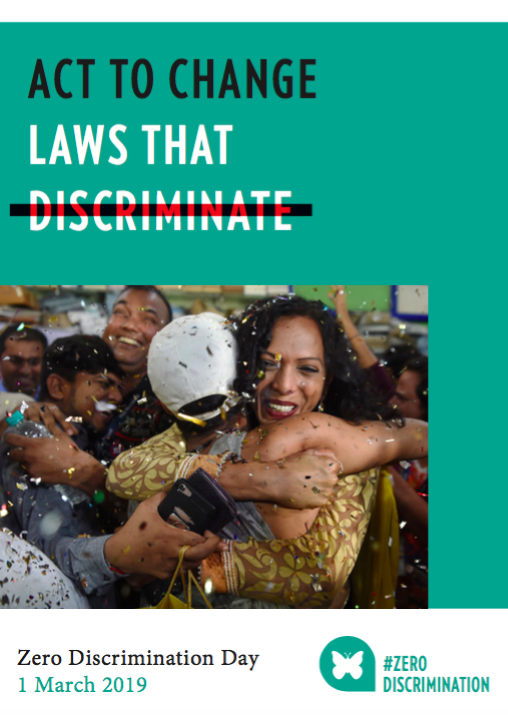
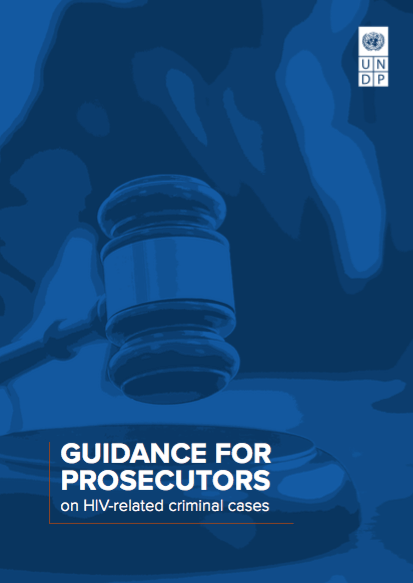 Guidance for prosecutors on HIV-related criminal cases.
Guidance for prosecutors on HIV-related criminal cases.
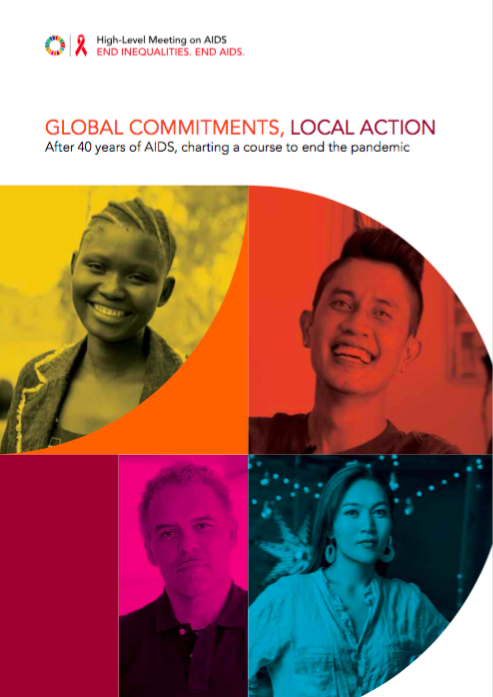 Global Commitments, Local Action. After 40 years of AIDS, charting a course to end the pandemic
Global Commitments, Local Action. After 40 years of AIDS, charting a course to end the pandemic
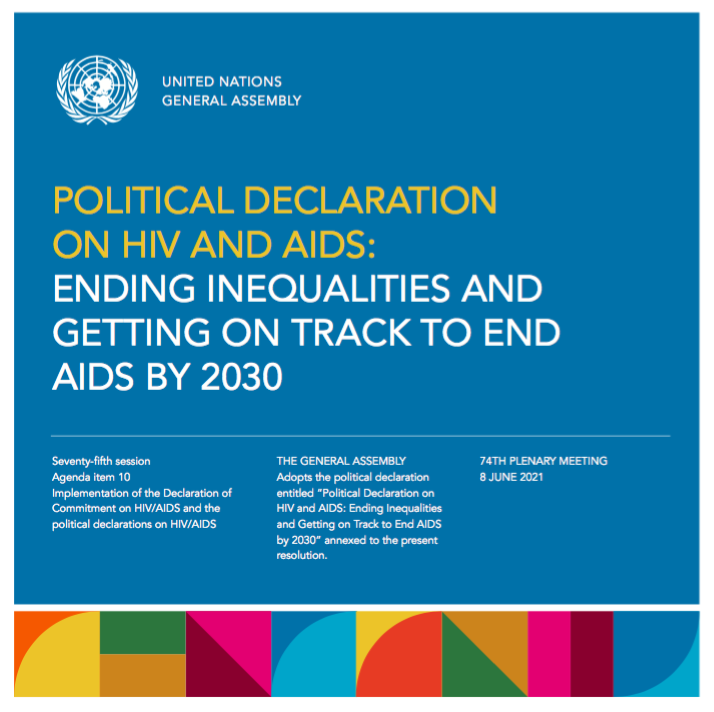 Political Declaration on HIV and AIDS: Ending Inequalities and Getting on Track to End AIDS by 2030
Political Declaration on HIV and AIDS: Ending Inequalities and Getting on Track to End AIDS by 2030
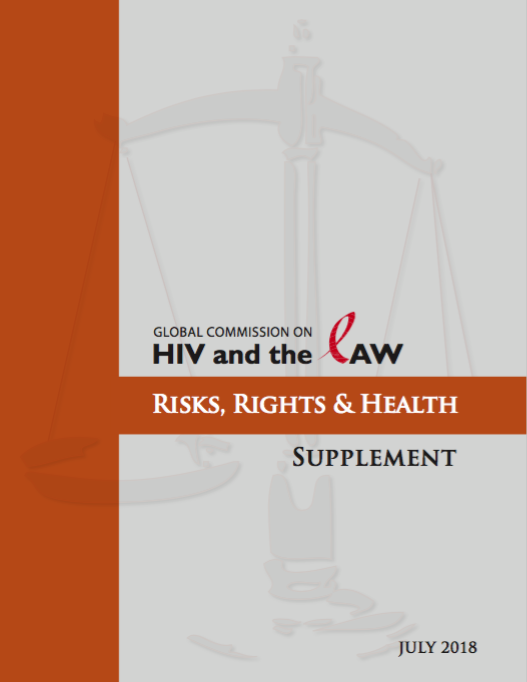 Supplement to the Report of the Global Commission on HIV and the Law “Risks, Rights & Health”
Supplement to the Report of the Global Commission on HIV and the Law “Risks, Rights & Health”